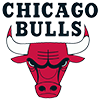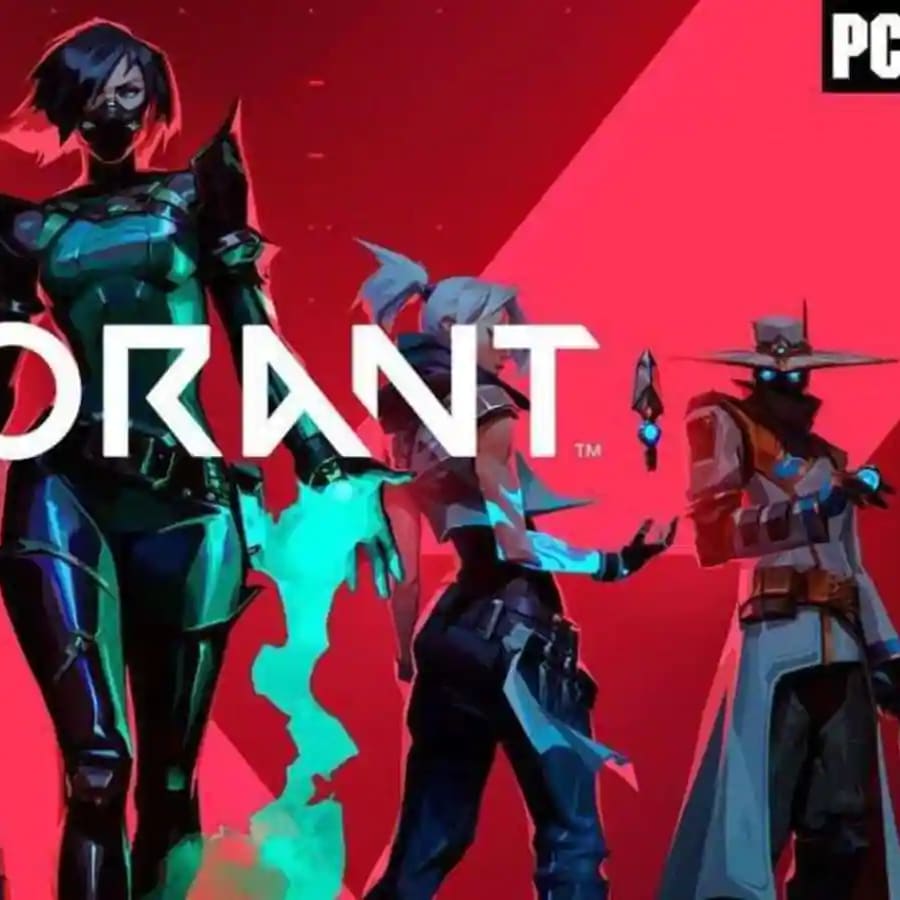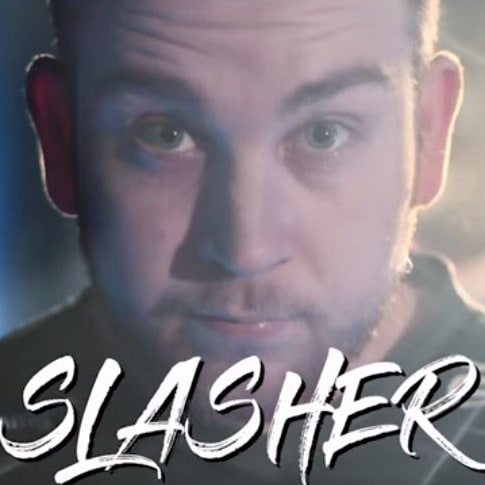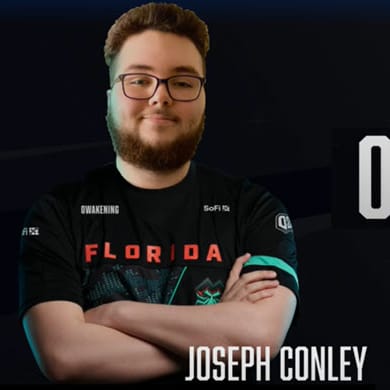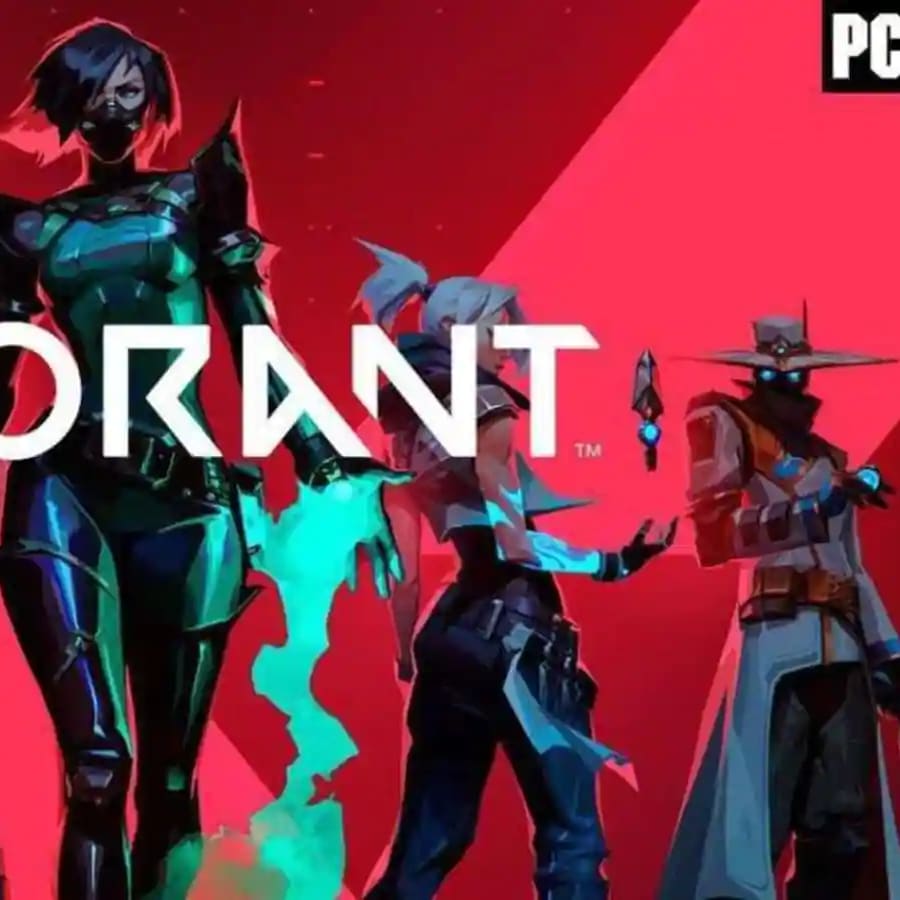When Super Smash Bros. Melee was released during the 2001 holiday season, no one could have guessed how important the game would eventually be in the realm of esports. Not only did it inspire many arguments and disputes between friends all over the world, but it remains as one of the biggest titles in the fighting game community.
To fully grasp the longevity of this title, it's useful to look at when some of the other most popular esports titles on the market were released. League of Legends? 2009. Counter-Strike: Global Offensive? 2012. Dota 2? 2013. Hearthstone? 2014. Ultimate Marvel vs. Capcom 3? 2011. Street Fighter V? 2016. Tekken 7? 2017. Injustice 2? 2017. Call of Duty? New titles literally every single year.
I think you get the picture.
Games seemingly come and go in this crazy and ever-changing world that we call esports. That's pretty much true of gaming in general. With the advancement of technology, games generally don't stay around very long. This fact is only exacerbated by the existence of sequels. Speaking of which, there are two games that I forgot to mention in that list above.
Super Smash Bros. Brawl and Super Smash Bros. for Wii U (also know as Smash 4). Those games came out in 2008 and 2014, respectively. This means that two iterations of Smash Bros. have come out since the release of Melee, yet Melee is still played at tournaments on a regular basis.
Just this past weekend, Red Bull put on a tournament called Gods and Gatekeepers, featuring a completely new format that hasn't been seen yet in the history of a game (and competitive scene) that is sixteen years old. One would think that all possible formats certainly would have been discovered at this point, but Red Bull worked hard to find one that was pretty original.
So what is it about Super Smash Bros. Melee that it can outlast two newer iterations and almost two decades? After talking to multiple pros and observing the action over the course of the weekend at the Gods and Gatekeepers event, I think it comes down to a couple key reasons.
Community builds longevity
In traditional sports, fans surely are a huge portion of the equation, but it's not the end all be all. If no one shows up to watch the Cleveland Browns play, it's not as if the Browns will cease to exist as an organization. The team will still have to trot out onto the field week in and week out. Esports, especially in the grassroots nature of the fighting game community, is a whole different story. If no one shows up to these events, tournament organizers will be less likely to foot the bill for future events. This makes the fans an inherently vital part of a successful process
When you step into a Melee event, that sense of community becomes abundantly clear. At Gods and Gatekeepers, there were over 800 players registered. While that may not seem like a ton, when you compare it to the registration numbers for EVO 2017 (1,435 registrants), the biggest fighting game tournament of the year, the picture becomes much clearer. Not only that, but there was a prize pool of over $14,000, compared to the $11,000 prize pool at Gods and Gatekeepers ($10,000 of which went to the winning team of four players). It just goes to show that the fans don't care how much money is up for grabs; they simply want to watch the best of the best battle it out on stage.
If this were any other esports, this event could have easily been a flop. Due to the smaller venue and lower prize pool, it would have carried less prestige. Yet, more than half of the amount of people showed up in LA this past weekend. Not only did they show up, but they hung around all weekend. Even after the action was over for all but the top 32, The Wiltern was still packed solid on Sunday. They were playing friendlies, watching the best battle it out in the crew battles, and just generally hanging out.
"Everyone in the community just loves the game. They keep fighting for it," admired Melee pro William "Leffen" Hjelte. Statements like those are heard all throughout the fighting game community all the time. Even at EVO 2017, commentator Jason Chen said that "EVO is love," and that's evident throughout this Melee community as well.
Technical prowess reigns supreme
While the community is necessary to keep an esport moving along, that can only take it so far. That's where the technical aspect of Melee comes into play.
Like most esports, Melee is game that follows the mantra of "easy to play, but difficult to master." Leffen mentioned as much, citing it as the main reason he's continued to compete in Melee, even in the face of newer iterations like Brawl and Smash 4. "The game has such a steep learning curve that when you do something, you feel like you earned it," said Leffen. While this is certainly true with any esport, it rings especially true in the case of Melee.
Many people in the Smash community also tend to look at features such as custom moves and critical hits that came with Smash 4 as reasons to stick with Melee. This seems to be the difference between these games as compared to something like Street Fighter. Whereas the community almost had no choice but to move on to Street Fighter V when it came out, since Capcom made it the sponsored game of the Capcom Pro Tour, the players could feel comfortable in doing so due to balance. Sure, there were some changes made to certain characters and the addition of new features like the V-Trigger abilities, but they didn't fundamentally change the way the game was played. Smash 4, on the other hand, brought in new elements that stirred the pot too much and put off pros who were used to the structured and predictable nature of Melee.
Now, that's not to say that Smash 4 isn't balanced, but when you've been playing a game like Melee for 13 years, just about anything will feel different and perhaps a bit off. That's how Leffen felt with Smash 4. "[Smash 4] just wasn't for me. I got bored with it after awhile," he told me on Saturday. Not only that but he was hoping that once the console version of the game came out, more changes to mechanics would have been made. But that didn't come, leaving him and many, many others solely on the Melee train.
What seems to keep these players coming back, too, is that they are still learning new interactions and mechanics even to this day. For instance, during a match between Masaya "aMSa" Chikamoto's Yoshi and Joseph "Mango" Marquez's Falco, more than one player in the green room exclaimed that they had never seen something like this before. I, being the casual Melee player that I am, couldn't tell you what those things were. But the fact that players who have been playing this game for years, even over a decade in some cases, can still find new things can certainly bring players back and keep them drawn to Melee like a moth to the flame.
Concerns still to come?
With all that being said, there are some aspects of the scene that possible spell a change coming soon. While Melee has always been the premier Smash title as far as tournaments are concerned, EVO 2017 signaled a changing of the guard.
The major event always concludes on Sunday with the finals of the biggest fighting games on the market. Street Fighter is usually the headliner, but Smash is always represented. For the first five years that Melee was featured at EVO, the grand finals took place on the main stage on Sunday. This past July for EVO 2017, however, Smash 4 was front and center, while Melee finished up Saturday night to much less fanfare. Sure, the Melee faithful were still there in droves, but they didn't get the flair of the main stage at Mandalay Bay Arena. I would be surprised to see EVO dial back on this at future events after making the leap this year.
Of course, the other issue surrounding not just Super Smash Bros. Melee, but most Nintendo titles, is the game-maker's hands-off approach to competitive play. Pros have been calling for this to change for some time now. When I asked Leffen about it, he admitted that some involvement would be good. "What we would want the most is structure. We don't know which tournament is the most important. They could also be the quality control; make sure everyone gets paid," Leffen told me. Were Nintendo to step in and bolster the competitive scene, I think it could actually spell a bit of doom for Melee.
If I had to wager a guess, Nintendo would almost assuredly put more effort into their newer title as opposed to a game that has long since stopped bringing in a bounty of revenue. I could easily be wrong, but it's just a hunch. Granted, this could all change if Nintendo ever pulls the trigger on the much wanted Melee remake for the Switch. Knowing Nintendo, though, that's but a massive pipedream.
At the end of the day, though, it's incredibly impressive to see a game that came out near the turn of the century still dominating an esports conversation. Props to Nintendo for making such a solid game that keeps being coming back, and props to the community for continuing to support it.
Now, excuse me while I go find a Gamecube so that I can (try and definitely fail to) start my professional Melee career.















